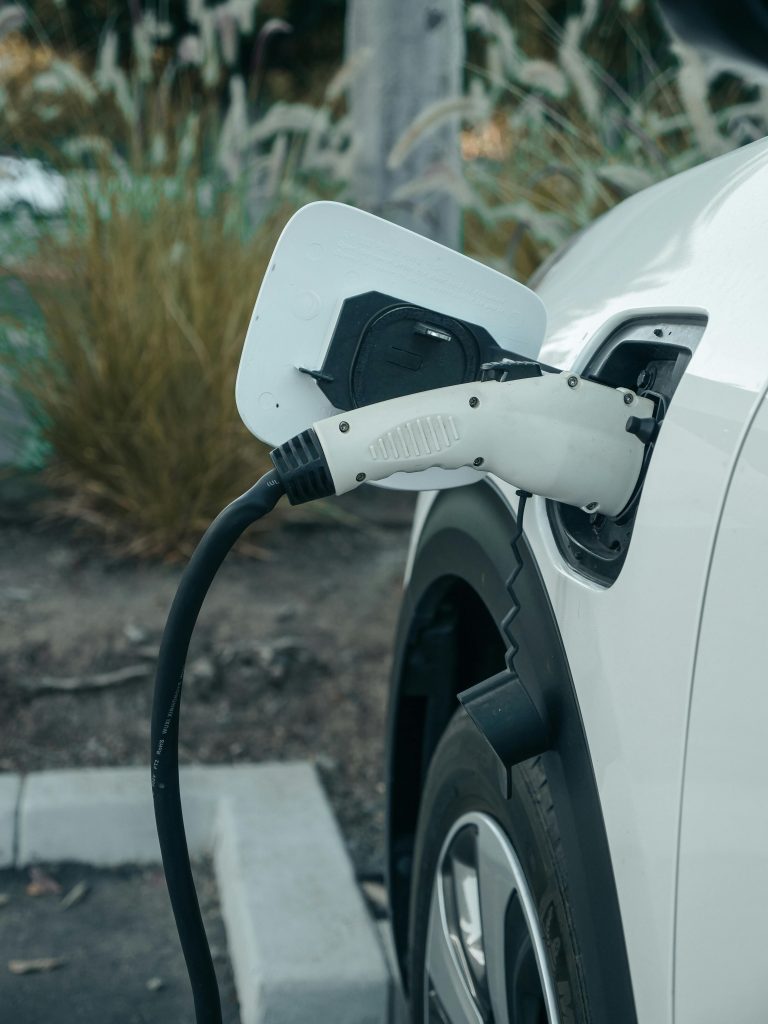As electric vehicles (EVs) continue to gain popularity, many states are offering incentives to encourage their adoption. One of the most appealing benefits is the exemption from road taxes, which can lead to significant savings for EV owners. With policies varying widely by state, it’s essential to understand where these exemptions apply and how they can impact your budget. This guide breaks down the EV road tax exemptions by state for 2025, helping you navigate the savings available for electric vehicle ownership.
What Is EV Road Tax Exemption?
Road taxes, often referred to as gasoline taxes or vehicle registration fees, are typically used to fund infrastructure projects like road maintenance and repairs. Since EVs don’t use gasoline, some states have introduced exemptions or reduced fees to incentivize their purchase. These exemptions can come in the form of waived registration fees, reduced annual taxes, or credits applied to EV ownership.
Understanding these exemptions is crucial for potential EV buyers, as they can significantly lower the total cost of ownership. Below, we explore which states offer these benefits and how they work.
States Offering Full EV Road Tax Exemptions in 2025
Several states provide complete exemptions from road taxes for electric vehicles, making them especially attractive for eco-conscious drivers. Here are the states leading the charge:
- California: No road tax for EVs, though an annual fee applies to offset lost gas tax revenue.
- New York: Full exemption from state road taxes for EVs registered before 2025.
- Washington: No additional road tax for EVs, but a flat fee is charged during registration.
- Colorado: Offers a full exemption for EVs through 2025, with potential extensions.
- Maryland: No road tax for EVs, along with additional state incentives like rebates.
These states prioritize EV adoption by eliminating traditional road taxes, though some impose alternative fees to maintain infrastructure funding.
States with Partial Exemptions or Reduced Fees
Not all states offer full exemptions, but many provide partial relief from road taxes. These states strike a balance between encouraging EV adoption and maintaining revenue for road maintenance:
- Texas: Reduced registration fees for EVs, though not a full exemption.
- Florida: Lower annual fees for EVs compared to gasoline vehicles.
- Illinois: Discounted road taxes for EVs, with additional incentives for charging infrastructure.
- Pennsylvania: Partial exemption with a flat fee for EV owners.
- Virginia: Reduced highway use fee for EVs, adjusted annually.
If you live in one of these states, you may still save money compared to traditional vehicle taxes, but the benefits are less substantial than in full-exemption states.
States Without EV Road Tax Exemptions
While many states offer incentives, some have yet to implement EV road tax exemptions. In these locations, EV owners pay the same fees as gasoline vehicle owners, or even higher fees to compensate for lost gas tax revenue:
- Michigan: No exemptions, with additional fees for EVs.
- Georgia: Ended its EV tax credit program, now charging standard fees.
- Alabama: Imposes an annual flat fee for EVs on top of regular taxes.
- Indiana: No exemptions, with a $150 annual fee for EVs.
- South Carolina: Charges a biennial fee for EVs instead of gas taxes.
If you reside in one of these states, the financial benefits of EV ownership may be offset by higher registration or road taxes.
How to Maximize Your EV Tax Savings
To take full advantage of EV road tax exemptions, consider the following tips:
- Research State Policies: Check your state’s DMV website for the latest updates on EV tax exemptions.
- Look for Additional Incentives: Some states offer rebates, HOV lane access, or charging station discounts.
- Time Your Purchase: Certain exemptions may expire or change, so buying in a favorable year can maximize savings.
- Consult a Tax Professional: A specialist can help identify all available credits and exemptions.
By staying informed, you can ensure you’re getting the best possible financial benefits from your EV purchase.
Conclusion
EV road tax exemptions vary significantly by state, with some offering full relief and others imposing additional fees. States like California and New York lead the way with generous policies, while others, such as Michigan and Alabama, have yet to adopt similar incentives. If you’re considering an EV, researching your state’s specific exemptions can help you estimate potential savings and make an informed decision. As EV adoption grows, these policies may evolve, so staying updated on legislative changes is key to maximizing your benefits.
